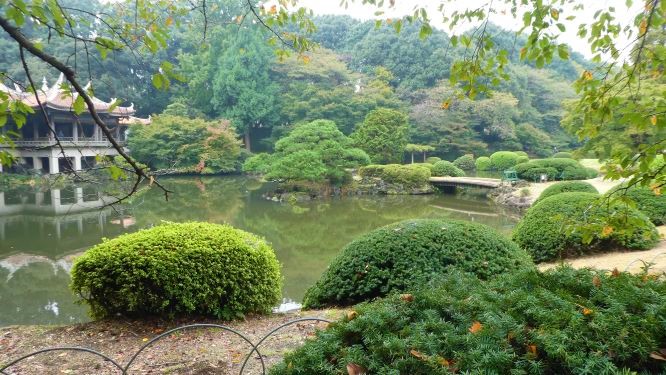
The explosive delight of a Spring flower bud opening,
a field of poppies flourishing where once there was death,
the tenacity of a weed, seizing life in a crevice, this is the gift a garden offers.
Gardens are places where life blossoms,
blissfully ignorant of dire world events.
In a chaotic world, we search for serenity, and a Zen garden can, “help erase the stresses of everyday life,” with emptiness and openness amidst a balance of natural and man-made elements.
Zen gardens are meticulously planned and contain special elements that we might include in creating our own garden.

Zen Elements and Design in a Garden
Zen Gardens were created around temples to provide a quiet place for monks to contemplate. In a contemporary sense, these gardens can also be incredibly meditative for the people who visit, care and maintain them.

Composed of natural elements such as stone, plant, wood and sand, a Zen Garden might also contain footbridges, walkways and lanterns that are carefully placed to contrast the balance with nature whilst still inducing a peaceful, meditative atmosphere.
The meaning of each element, and how the elements balance and interact, is very abstract and subjective; the viewer is supposed to discover his own meanings. [Wiki]

Sand
“The main element in a Zen garden is the raked sand bed. Properly, it should be small stones, or pebbles of granite, in irregular shapes. Round pebbles do not rake into patterns as easily.” [Wiki]
It may look plain, but a well-manicured bed of raked sand stems from the traditional Shinto belief that spirits need a purified space, of white sand, in order to make an area hospitable.
In contemporary Zen gardens, such as seen in Ju Raku En, at the University of Southern Queensland, in Toowoomba, Australia, the sand element might represent water and the raked pattern, waves.

Ju Raku En is a presentation of Buddhist paradise with the celestial sea (the lake) lapping the rocky shores of the three islands where the immortals are said to dwell. The material world is the outer edge of the lake and a symbolic journal to paradise may be made by crossing one of the four bridges to the islands.
Stones
One, or more, natural-looking larger stones are often incorporated in the sand beds of a Zen Garden. They are arranged in groups to resemble islands in the sea, (raked sand); mountain tops emerging from the clouds, or sometimes represent animals.

Stones may also symbolise eternity, fertility and is similar to how people might look for shapes in the clouds.
Historically, the arrangement of large rocks was used as a political message and considered more important than trees.

In the gardens of the Heian period, Sakutei-ki wrote:
Sometimes, when mountains are weak, they are without fail destroyed by water. It is, in other words, as if subjects had attacked their emperor. A mountain is weak if it does not have stones for support. An emperor is weak if he does not have counsellors. That is why it is said that it is because of stones that a mountain is sure, and thanks to his subjects that an emperor is secure. It is for this reason that, when you construct a landscape, you must at all cost place rocks around the mountain. Japanese_dry_garden
Platform
Another important element in a Zen garden is a platform from where a viewer may sit, stand or contemplate the surroundings, searching for meaning.

Wall
The sand beds are typically sectioned off using a low fence or a wall. This signifies and separates the area of calm contemplation from the outside world and all its associated worries of life. Gates made out of wooden fences or cloth are called Torii and also symbolise boundaries.

Plants in the Zen Garden
Evergreen conifer trees are popular choices and provide an elegant contrast along with lichen and moss which is encouraged to grow on the rocks, simulating nature.

Guest Host for the Friendly Friday Challenge In the Garden
Sofia is our very special guest host for the Friendly Friday Challenge. Sofia is renowned for her stunning floral portraits and close-ups. They are a testament to her skills in, and her love of, photography. Originally from Lisbon, Sofia now finds Scotland a place where her garden flourishes, awakening as it is, to Spring’s calling.
Do check out her post here and join in with the challenge: everyone is welcome!
The Friendly Friday challenge runs for two weeks, after which Sarah at Travel with Me will post a new theme for Friendly Friday.









